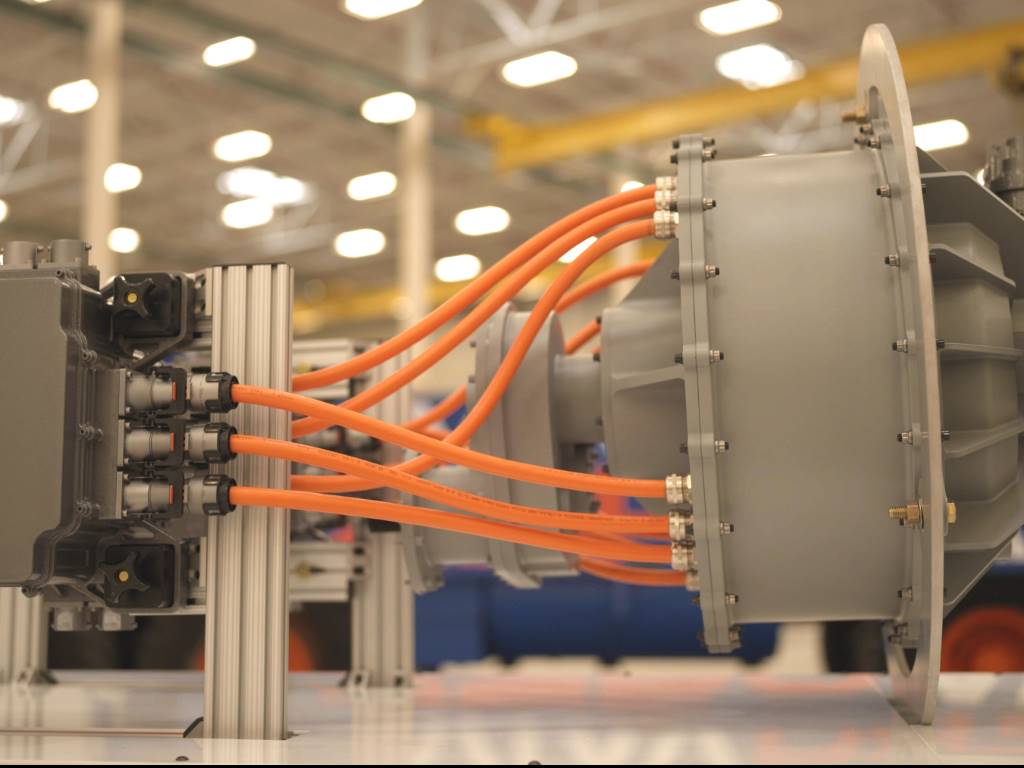Real skills for real needs

In this Q&A session, Jonathan Lee Recruitment’s consultant - product development, Tim Parkes climbs into the hot seat to answer some composite materials-themed skills and training questions.
In this Q&A session, Jonathan Lee Recruitment’s consultant - product development, Tim Parkes climbs into the hot seat to answer some composite materials-themed skills and training questions.
Having originally worked in a family business, training as a fabricator and general engineer, Jonathan Lee Recruitment’s consultant - product development, Tim Parkes has significant experience in recruitment after working within the education recruitment sector for some time.
Q) Are the Government-led apprenticeship schemes really any good?
The Government’s Apprenticeship Levy can be put to good use to address skills shortages in businesses – but it’s clear from statistics that it’s not happening. Since April 2017, any company with an annual employee wage bill in excess of £3 million has been required to make monthly payments to the Apprenticeship Levy, an initiative launched by the Government to encourage employers to invest in training. But there is clearly a huge gap in understanding amongst business leaders in how the Levy can be used and what is available.
Figures revealed by the National Audit Office in March showed UK employers had deposited £2.2 billion into the Levy in 2017-18, but a mere 9% of the total had been accessed and reinvested in staff training and development programmes.
From April this year, businesses which had not accessed their funds started to lose their money to the Exchequer. Those businesses which are actively engaged with the Levy are seeing significant cost savings. The biggest benefit of the Levy framework is that apprenticeships can be as bespoke as necessary to address specific skill shortages. Modules can be tailored to deliver exactly the right skills, therefore delivering higher value back into the workforce.
The Government is bringing out new frameworks and programmes on an almost daily basis and the role of the free and impartial Jonathan Lee Skills Consultancy is to educate employers in understanding the new system and how to use it as a vital training tool.
Some larger companies have used the Apprenticeship Levy as a springboard to invest in their own in-house training facilities, giving them complete control over what is being taught. In fact, some of these companies are even contemplating turning these training operations into commercial enterprises by charging others to use them.
Q) Is there a chronic skills shortage for UK composites and engineering industries that employ composites in manufacturing?
There is a chronic skills shortage across all sectors of engineering and manufacturing in the UK – and that certainly applies to composites. Simply put, there are not enough people in the marketplace with the requisite skills. It’s a direct result of a lack of investment in STEM education and vocational training over many years.
Some forward-thinking companies have already independently invested in, or established links with, innovation centres to access training – but it is unlikely this will be enough to keep pace with the needs of industry.
While essential for the long-term, manufacturers can ill-afford to wait for these skills to become available - they need ready-made skills in their businesses today to meet the short-term demands the market is placing on them.
There are signs that things are improving. At Jonathan Lee Recruitment, we are seeing more high-quality candidates coming into the marketplace. However, looking forward, the skills shortage dilemma needs to be addressed by industry.
The composites industry needs to establish what skills are needed now – and what skills will be needed in the future. How can people with transferable skills be encouraged to engage with new technologies? And how can both current and future workforces gain the skills they need to drive the industry?
One of the exciting and innovative initiatives we have seen taking shape is manufacturers building small teams of highly-skilled individuals; different talents brought together from seemingly unrelated backgrounds, industries and disciplines that work as a unit, applying a more holistic, collaborative and effective approach to problem solving.
Q) Is enough being done to persuade school-leavers with good hands-on practical skills to take up composites and engineering apprenticeships?
Schools have an important role to play in encouraging young people to take up composites and engineering apprenticeships. There is currently too much focus on academic and classroom learning in schools rather than practical skills and problem solving. For the future of British manufacturing, it’s vital that both avenues are open to young people and that those with good hands-on skills are shown the potential of a career within manufacturing.
There are still schools where pupils make birdboxes or nightlights when technology means they could be creating something far more advanced and engaging. What is needed is a long-term strategy and roadmap for the composites industry. In automotive for instance, it has been determined that all cars must be electric by 2040. Having such a clear goal means that the businesses can identify the skills that will be needed to achieve it.
It would be useful if a body such as Composites UK was to come up with an industry roadmap, outlining what the sector goals are for the next 10, 20 or 30 years. This could be used as a mission statement to promote careers in the sector and to allow training providers to plan and tailor their courses to the real skills needs of business.













